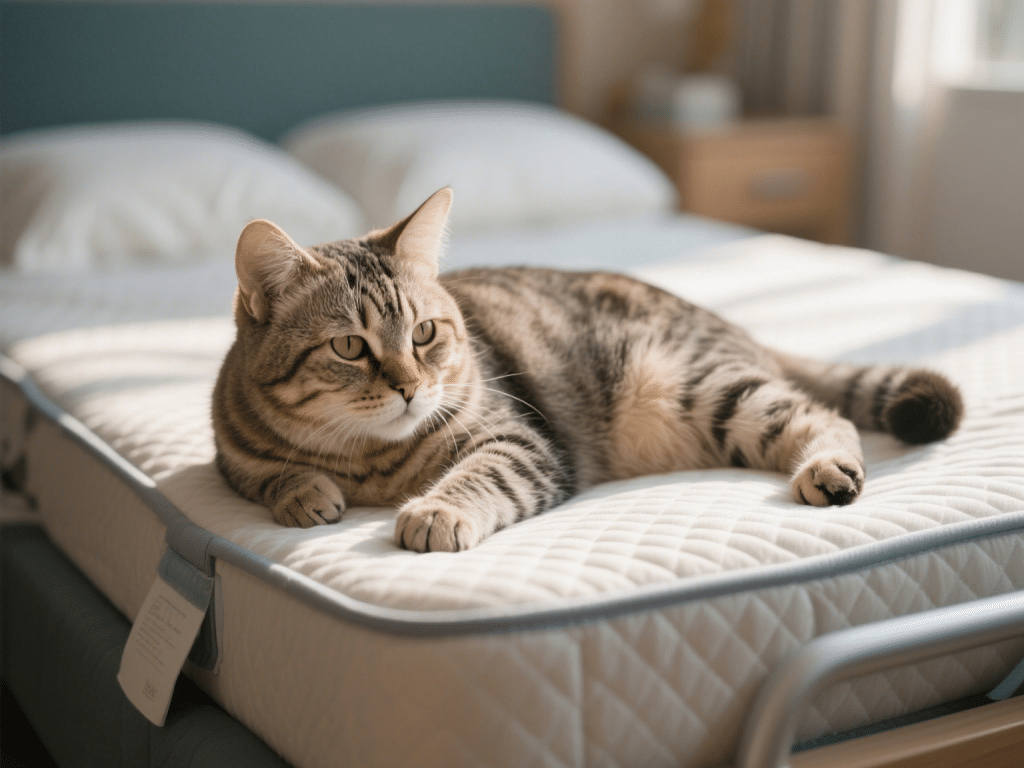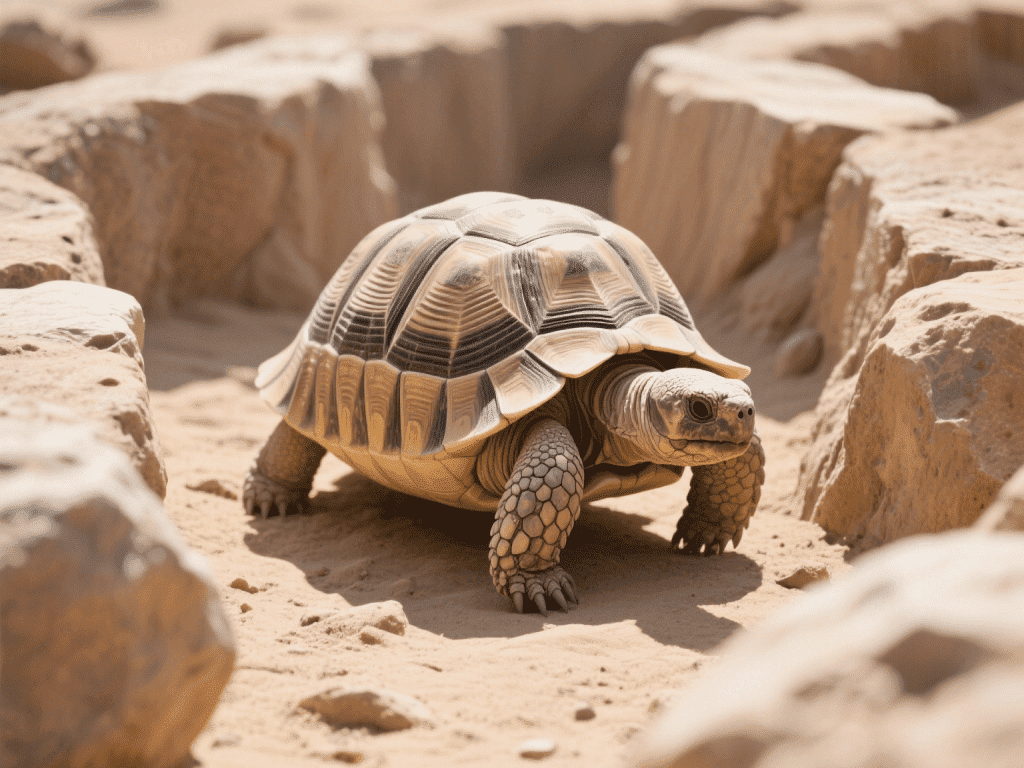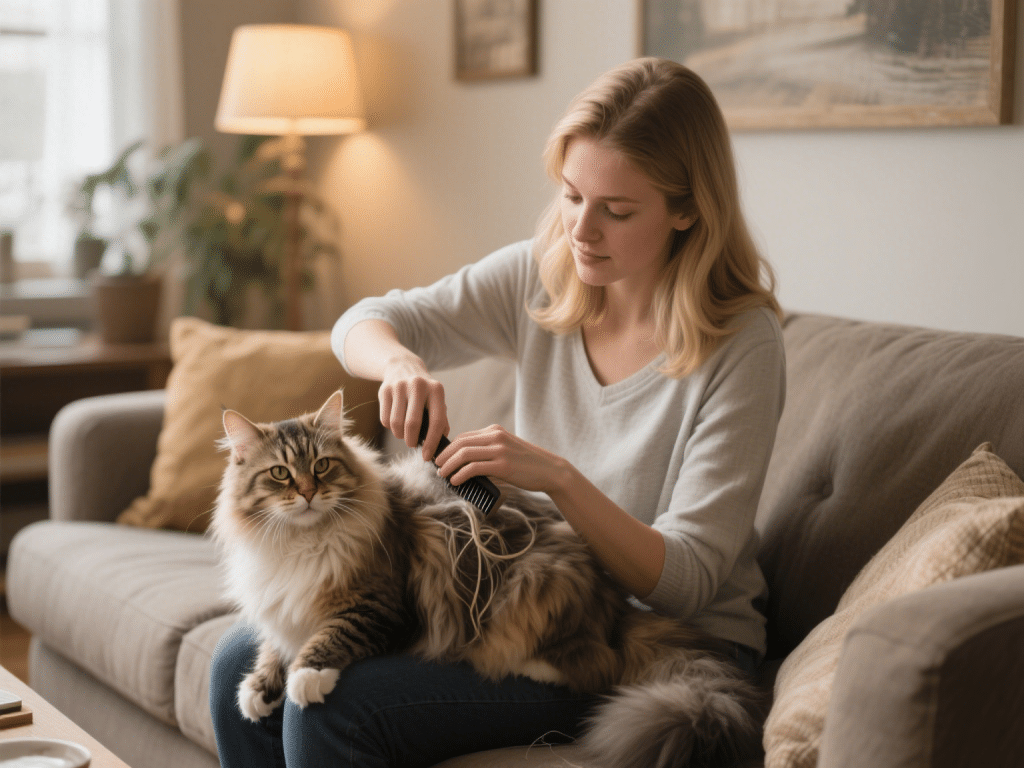
Midnight Meows: Understanding and Managing Cat Vocalizations at Night
There’s nothing quite like a persistent “meow, meow” echoing through the house at 3�...

As cats enter their golden years—typically around 10+ years old—they experience changes in metabolism, mobility, and sensory perception. With over a decade as a feline geriatric specialist, I’ve helped families adapt their homes, routines, and veterinary care to honor the needs of senior cats. This comprehensive guide covers nutrition adjustments, environmental modifications, and enrichment strategies that promote comfort, longevity, and quality of life.
Weight Fluctuations: Muscle loss or gain due to decreased activity.
Arthritis & Mobility: Stiffness, reluctance to jump or climb.
Sensory Decline: Reduced vision or hearing can cause anxiety.
Organ Function: Age‑related kidney, heart, or thyroid changes require regular screening.
Senior Formulas: Lower calories to prevent weight gain, moderate protein to preserve lean mass, joint‑support additives (glucosamine, omega‑3).
Wet vs. Dry Balance: Higher moisture wet food supports kidney and urinary health; maintain some dry food for dental benefits.
Feeding Frequency: Offer 3–4 small meals to accommodate slower digestion and reduce blood sugar fluctuations.
Orthopedic Bedding: Memory‑foam or heated pads relieve joint pain.
Ramps & Steps: Install low‑slope ramps or stair‑style shelves to help reach favorite perches.
Non‑Slip Surfaces: Place rugs or mats on slippery floors to prevent falls.
Gentle Play: Short interactive sessions with slow‑moving toys prevent over‑exertion.
Puzzle Feeders: Mental stimulation encourages activity without excessive physical strain.
Sunlit Napping Spots: Warmth soothes arthritic joints and enhances comfort.
Biannual Checkups: Screen bloodwork, urine, and blood pressure to detect early disease.
Pain Management: Discuss safe NSAIDs, supplements, or laser therapy for arthritis relief.
Dental Exams: Oral health impacts nutrition and overall wellness; consider cleanings under mild sedation.
Predictable Routine: Senior cats thrive on consistency—keep feeding and playtimes on schedule.
Quiet Retreats: Provide accessible hiding spots to reduce stress from household noise or younger pets.
Affection on Demand: Short, calm petting sessions respect reduced energy levels while maintaining the bond.
“Small environmental tweaks make a huge difference,” says feline geriatrician Dr. Meredith Jones. “Observing your cat’s daily habits reveals where mobility or vision is declining so you can intervene early.”
By addressing nutrition, comfort, medical care, and enrichment, you’ll help your senior cat age gracefully—staying active, engaged, and content in their twilight years.

There’s nothing quite like a persistent “meow, meow” echoing through the house at 3�...

Desert tortoises evolved to thrive in harsh, seasonal climates—cycles of activity, aesti...

Traveling with cats can be daunting—strange scents, unfamiliar sounds, and confined spac...

Long-haired and semi-long-haired cats enchant us with flowing coats—but mats and tangles...

IntroductionProper hydration is essential for pet health—kidney function, digestion, and...

Choosing Doggy Daycare vs. Dog Walking Services: What’s Best for Your PupSelecting the r...
Comments on "Senior Cat Care: Nurturing Your Aging Companion’s Health and Happiness" :